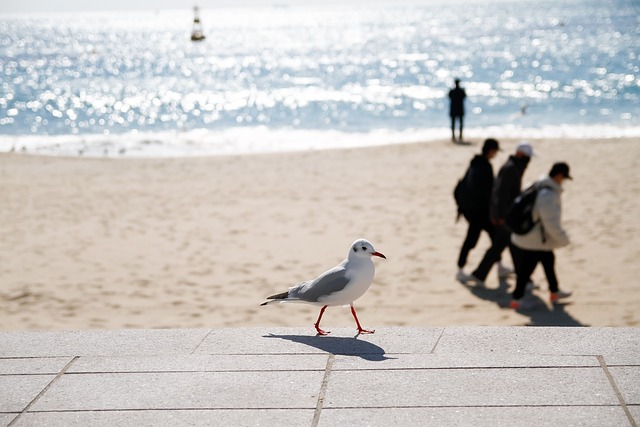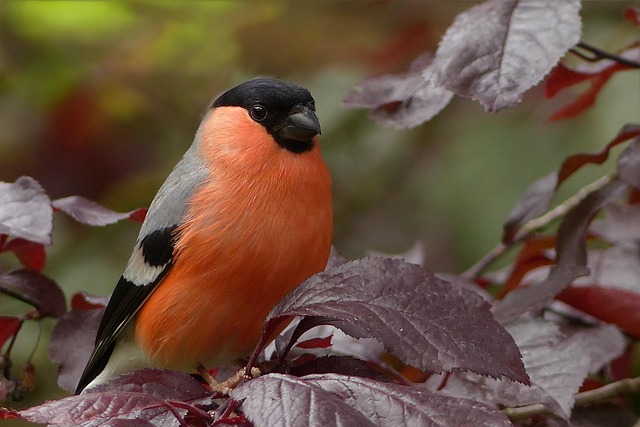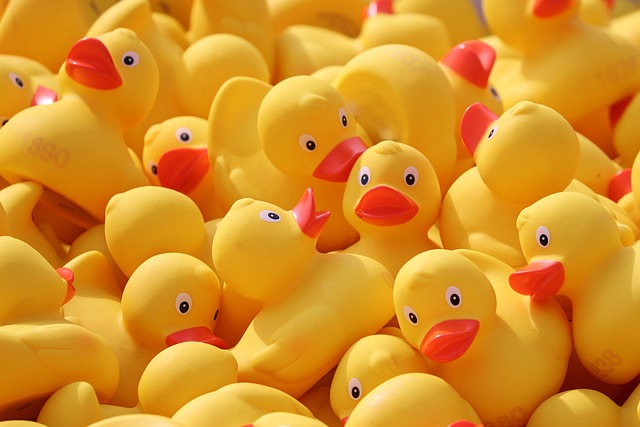Intriguing Seagulls: Nature’s Graceful Aviators
When we think of majestic birds soaring through the sky, seagulls often come to mind. These fascinating creatures are not just symbols of coastal landscapes; they embody an effortless grace that captivates anyone who watches them gliding over waves and dunes. With their striking presence and adaptability, seagulls are remarkable aviators, making them a significant part of our natural world.
The Birds of the Sea
Seagulls are primarily associated with coastal regions, where they thrive in environments rich with resources. Their white and gray feathers contrast beautifully against the blue hues of the ocean, making them a stunning sight against the backdrop of sandy beaches. Observing these birds in their natural habitat provides an enchanting experience. Their seemingly choreographed movements, whether swooping down to catch a fish or playfully chasing each other, bring a sense of joy and wonder.
Intelligence and Adaptability
One of the most intriguing aspects of seagulls is their remarkable intelligence. These birds have developed excellent problem-solving skills and are known for their ability to adapt to various environments. Whether they are scavenging for leftover food at bustling seaside restaurants or foraging in urban landscapes, seagulls showcase their ingenuity in finding sustenance. This adaptability not only ensures their survival but also enriches the ecosystems they inhabit.
Communicating with the Ocean
Seagulls are extremely vocal, with a range of squawks, cries, and calls that express their emotions and intentions. Their sounds carry over the ocean waves, creating a symphony that is often linked to the tranquillity of coastal life. Each call is a communication tool, whether it’s to warn others of danger or attract a mate. These vocalizations remind us of the intricate connections within nature, where every creature has a role to play in the larger tapestry of life.
Encounters with Seagulls
For many, encounters with seagulls evoke fond memories of vacations at the beach, family picnics, and lazy afternoons spent by the sea. The playful antics of these birds often spark delight, as they perform aerial maneuvers in search of snacks or engage in a lively squabble with fellow gulls. It’s in these moments that we connect with nature and remember the simple pleasures it offers. Watching a seagull soar high above leaves us pondering its journey and the vastness of the sky.
The Role of Seagulls in Ecosystems
Beyond their charming appearance, seagulls play crucial roles in their ecosystems. As scavengers, they help maintain the balance of their environment by consuming waste and preventing the overpopulation of marine organisms. Their feeding habits contribute to nutrient cycling, which supports other wildlife and promotes healthy ecosystems. Understanding the ecological importance of seagulls enhances our appreciation for them and the multifaceted roles they play in the natural world.
As we continue to explore the intricacies of the natural world, let us not overlook the grace and charisma that seagulls bring to our shores. Their mastery of the skies, coupled with their intelligence and adaptability, makes them truly captivating creatures. Next time you visit the coastline or a nearby harbor, take a moment to observe these intriguing aviators and let their spirited nature inspire you.




